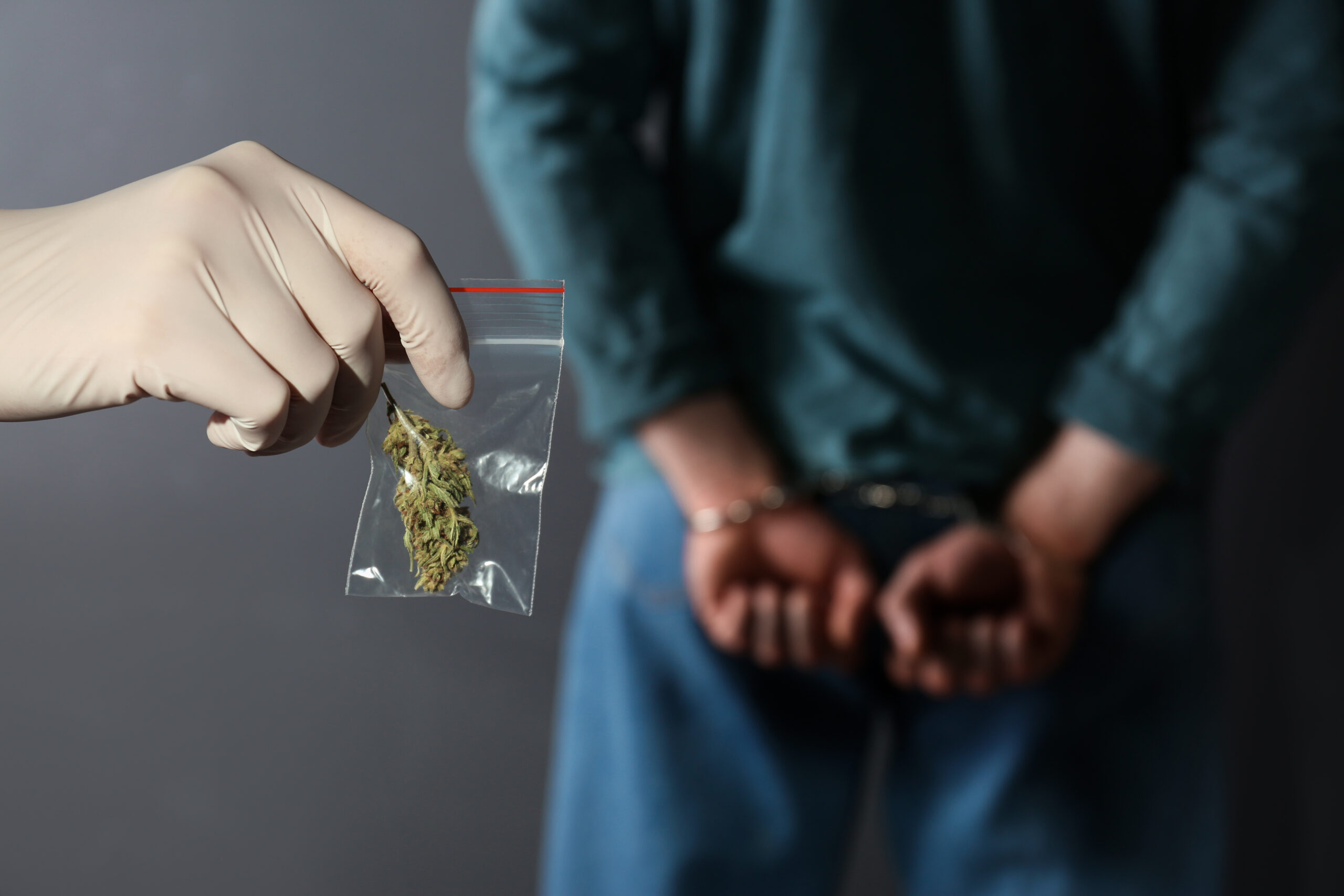Steps Toward Cannabis Legalization and Social Equity in the U.S.
While steps towards the legalization of cannabis are nothing new in the United States, recently the fight for cannabis reform has started a conversation around social justice. Pro cannabis organizations have found success in reframing the pro cannabis movement as a civil rights and racial justice issues.
It has been proven time and time again that the prohibition of cannabis disproportionally hurts communities of color. In fact, according to research conducted by the ACLU between 2001 and 2010, on average Black people are almost 4 times more likely to be arrested for pot than white people. In Iowa, D.C., Minnesota, and indeed Illinois, these disparities ran as high as 7.5 to 8.5 times.
New pro cannabis laws in states such as Virginia, New Jersey, and New York have addressed the fact that the war on drugs is rooted in systemic racism, which have been intentionally harming communities of color for decades. After recognizing this adversity, drug reform laws have been designed to give back the power to the people it was stolen from.

New York’s Marijuana Regulation and Taxation Act
New York’s newest Marijuana Regulation and Taxation Act demonstrates how this fight is rooted in social justice. In this three-part act, each section addresses how it will benefit communities of color.
The first part of this plan is the automatic expungement of cannabis related convictions, which clears the record of felonies for possession and consumption of cannabis. The major step here is making this process automatic, so people can avoid extra legal hurdles and fees. In New York, this has the potential to benefit over 100,000 people.
Next, New York wants to ensure that those affected by this cannabis criminalization have access to new economic resources and opportunities. One way of attempting this is by mandating that 50 percent of cannabis licenses are given to those from communities that have been disproportionally impacted in the past, trying to dismantle the monopoly on cannabis from white distributors.
Finally, the plan aims to invest in these communities through social programs focused on education, mental health treatment, and substance abuse treatment. Additionally, these community grants can also be spent on professional development and economic equality programs like job placement and financial literacy.
It is important that many states have recognized that just expungement is not enough. In the fight for the legalization of cannabis and the equality of all Americans, it is extremely important to invest and empower these communities that have been hurt for so many years.
